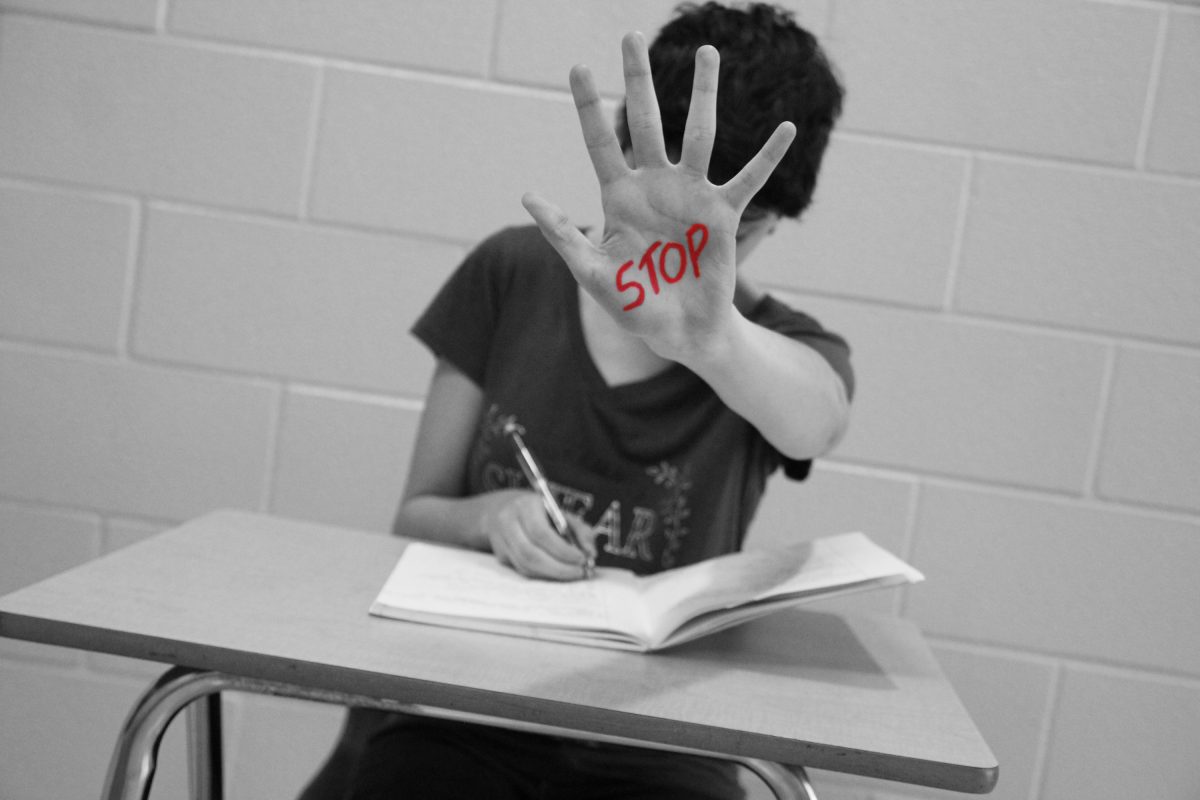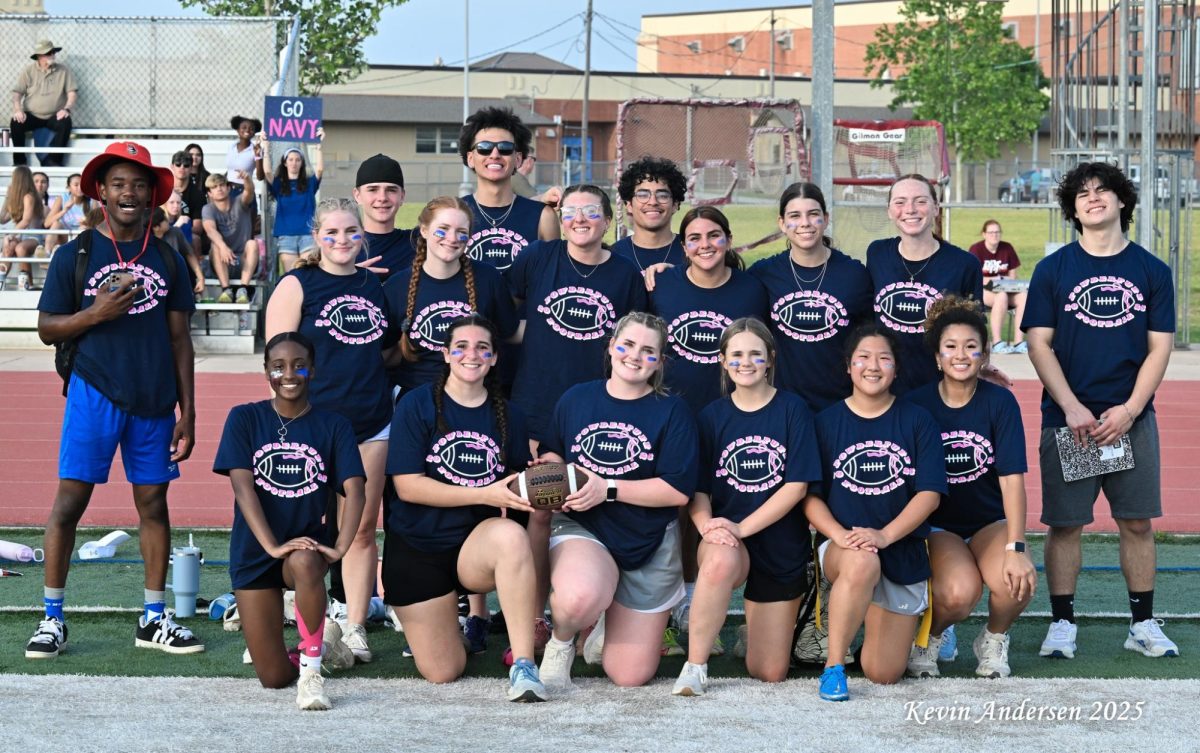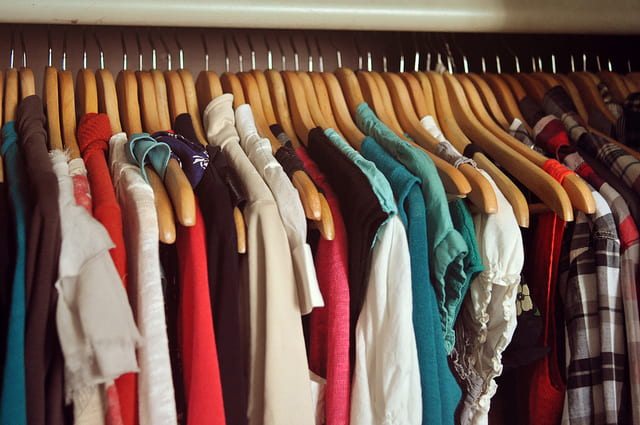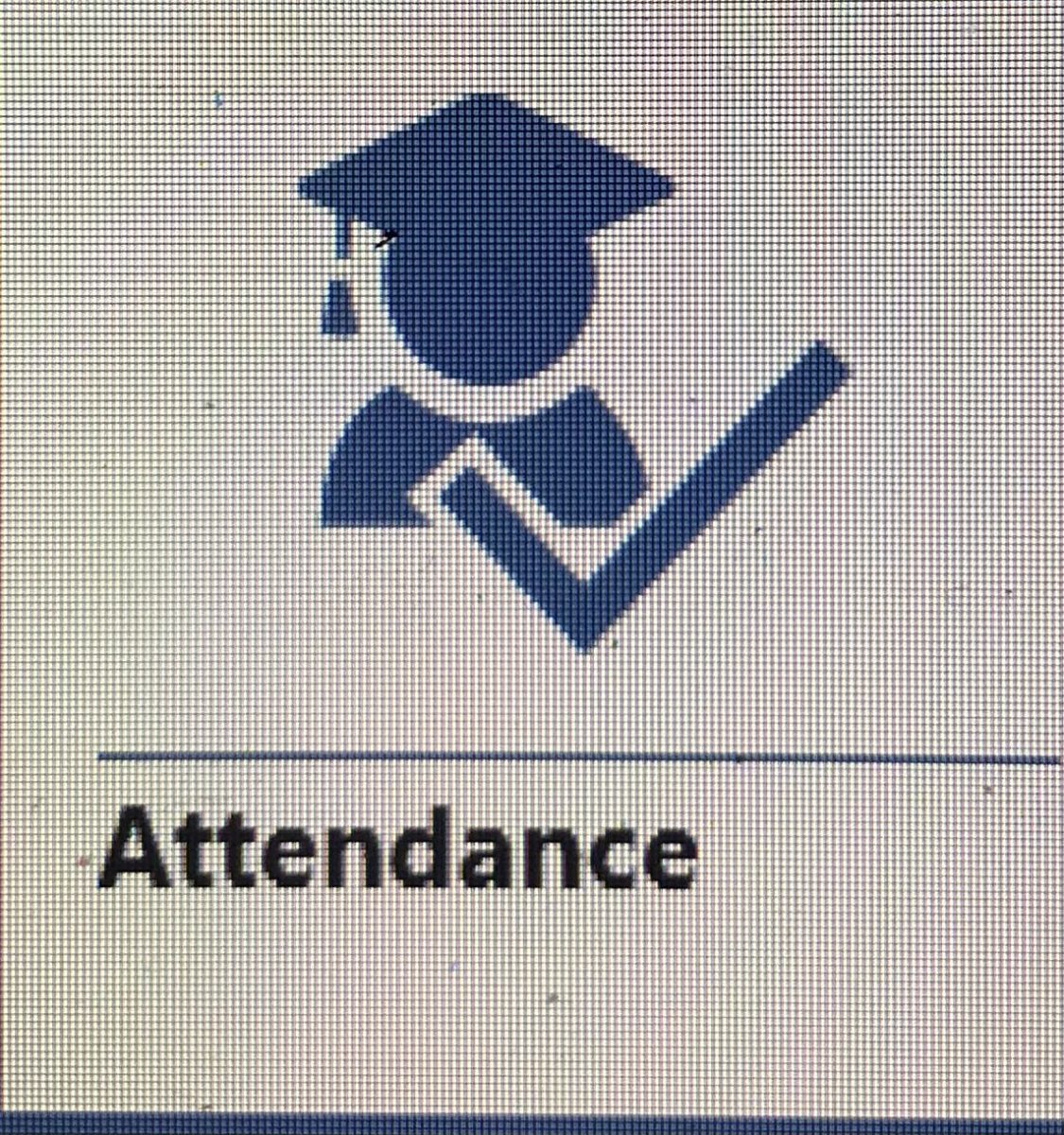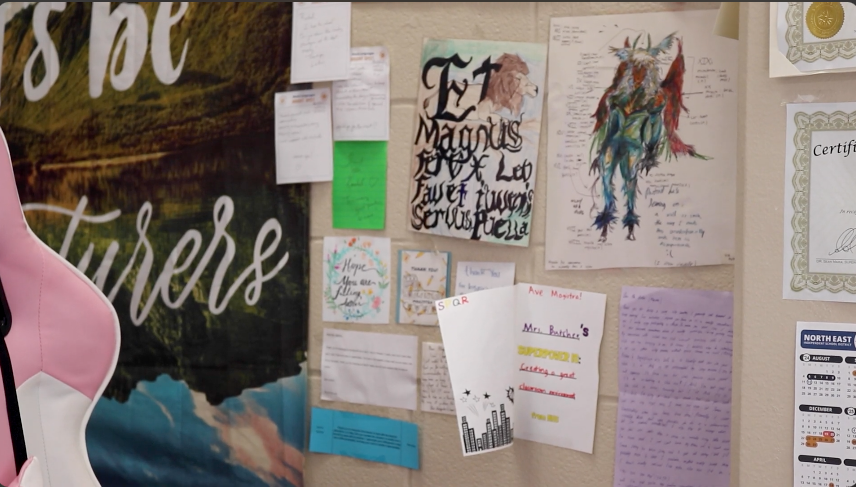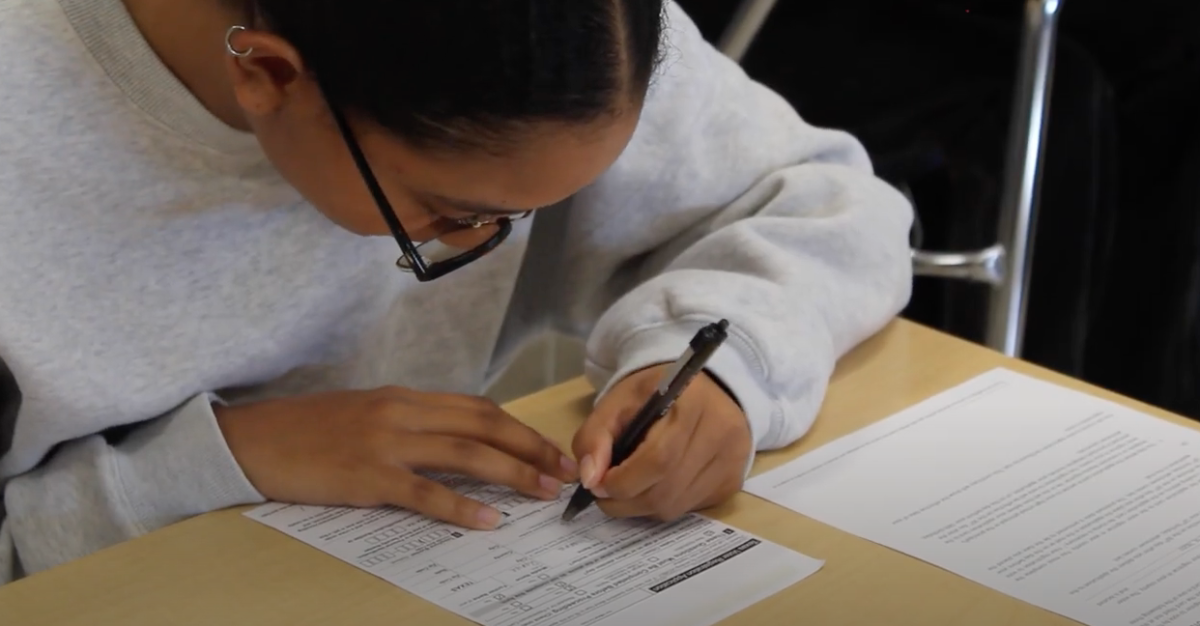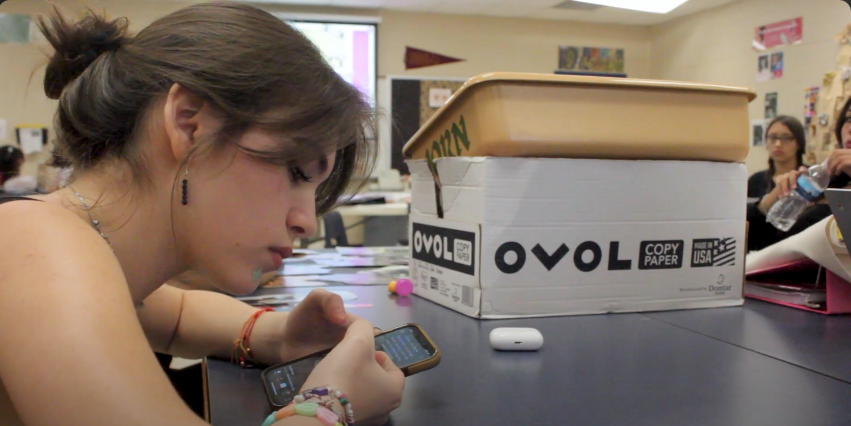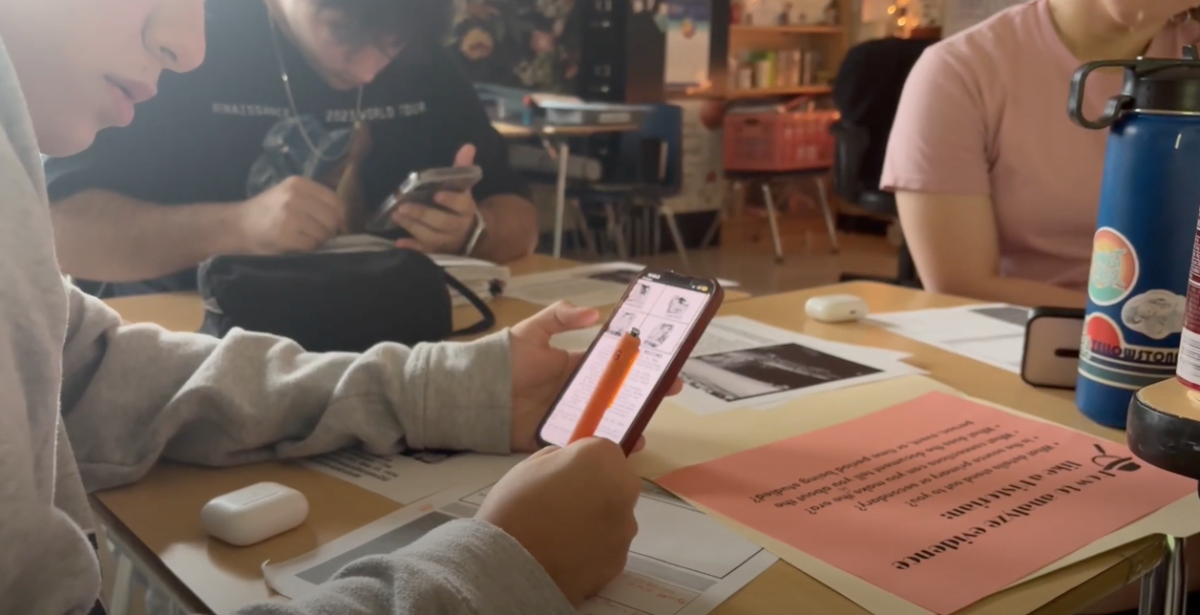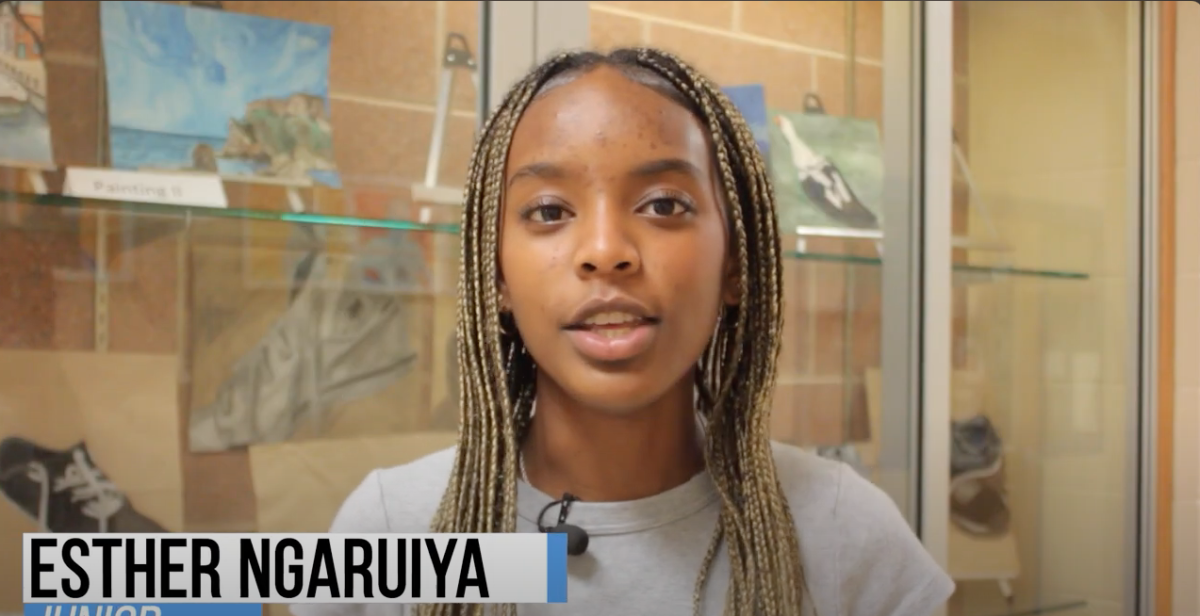by Arianna Michaud | staff writer
The current news cycle is being dominated by countless stories of well-known people exposed for harassment. These stories have brought two questions to mind; where does harassment start and how can we stop it?
“I think that it’s very brave of everyone to come out, and I know that they’re only coming out because other women have shown them the pathway. It leads to them having the courage to come out but I think it’s very good that they are because people need to be exposed,“ sophomore Elena Alley said
And for some, harassment is part of their high school experience. According to a study done by the American Association of University Women (AAUW) in 2011, 40 to 50 percent of students will experience sexual harassment in a single school year, with girls having a higher probability.
“At the high school level, I think it’s one less paid attention to. There’s not as many incidents in the news. There’s not as much awareness about it. That doesn’t mean that it’s any less prevalent, it happens all the time but, because of our age, people are less likely and less willing to report it because they feel vulnerable,” senior Carter Montgomery said
First, even identifying what could be considered as harassment is difficult during a time of emotional growth.
“Sometimes people don’t know that they’re harassing others and some people might consider certain things harassment. Some people don’t even know what harassment is. There’s a lot of ignorance when it comes to high school harassment. Sometimes people think it’s funny or they don’t consider it harassment, but other people are like ‘um, that’s harassment,’” senior Roni Buhler said.
The manner in which they harass, however, is the same.
“They usually just don’t care to see that someone is uncomfortable, or just don’t care in general, like if they know what they’re doing and it’s just gonna make someone uncomfortable, so they’ll just do it anyway. I feel like that never really changes as they get older so it’s not that much different, to be honest. I’ve been harassed in public and in school,” Alley said. “There is [someone] that sits next to me [in a class]…and he says the most disgusting things to me, and I try to just ignore it. Which is probably not, it’s probably exactly what I’m going against.”
Harassment isn’t always so apparent.
“Not so obvious signs? Manipulation. Because to everyone else, it can seem like it’s a regular relationship or conversation, but, unless you’re actually actively engaged, you wouldn’t know. Those kinds of sly, trying to lead people in one direction kind of thing,” Montgomery said.
And of course, social media plays its own part in all of this. The AAUW study finds 30 percent of harassment occurs online.
“It’s made it more prevalent and it’s made it, because people aren’t having to confront other people about harassment, they can just do it from their phone or their computer screen, so it makes it easier and less… I don’t know the word. It makes it seem like it’s not that bad,” Buhler said.
But with the proliferation of hashtags like #metoo, some have found it easier to use social media and speak out.
“Definitely a lot less people are putting up with it, because a lot of stronger social media forms are showing people that this is wrong. It’s giving people the courage to stop people and to rise up and tell someone that something’s going on rather than just keeping quiet, because that’s something that’s pretty common, is to be ashamed when you’re the victim of something,” Alley said.
The AAUW study also found that fewer than 10 percent of students reported sexual harassment to an adult when they experienced it. When an incident is reported, the counselors and administration have ways to approach it.
“I try to get all the information and try to get a good understanding of what’s happening because I want to make sure that, again, this is not something that is mutual, that indeed someone has an imbalance of power. I sometimes get them to write a statement. I cover the emotional side, how they’re dealing with the harassment. The investigating side and the side for punishment comes from the administration. So, after talking, I’ve done this before, after talking with the student I will walk them to the administrator’s office, with the statement, and have them sit down with their administrator. The administrator and I come up with a plan. Maybe the administrator investigates and calls the other student in, calls the parents,” STAN counselor Lisa Williams said.
Williams ensures the victim is coping well and is able to handle what has happened emotionally.
“Usually, if someone has a hard time dealing with what’s been done to them, they don’t always react in the best way. For instance, school shootings unfortunately never happen by the bully. It’s always the victim. Someone who is being harassed, they need the techniques, and that’s where I come in. They need the techniques to know how to deal with a bully or someone who is harassing them because the only person they can change is them. They can’t change the bully, but they can change how they perceive what [the bully is] saying to them,” Williams said.
The administration takes care of the discipline, which ensues after investigating.
“If it’s one sided, we’ll definitely follow bullying protocol, trying to get it to stop being the most important thing. We’ll offer counseling. The kid that’s the aggressor we would obviously handle some discipline, which could could range from anything on campus, like saturday detention or ISS, or all the way up to alternative school depending on how bad it is and how long it’s been going on,” assistant principal Steve Berg said regarding the role of the administration.
Even if someone is the victim, they still have power.
“Most definitely I would tell them that their voice is their power. When you feel powerless, your voice is your power. When you feel like you can’t stop something, definitely tell someone who can help to stop it. If it goes unsaid, that person who’s doing the harassment may get away with it. The longer they get away with it, the more empowered they will feel. You think it’ll get worse if you tell, but it’ll actually get worse if you don’t tell,” Williams said.


